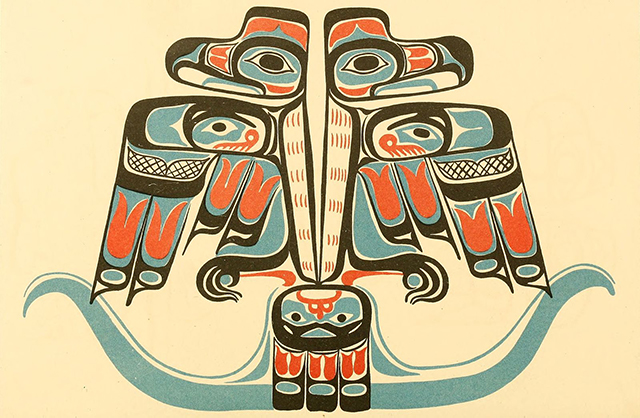
Our European immigrant ancestors did an unspeakable number of shitty things to North America's Indigenous peoples. Massacres, rapes, pillaging and residential schools designed to destroy their culture – we ticked off all of the genocidal boxes. Take a visit to a nearby reservation and you'll find that the legacy of our white asshole doings still echo on today. Amidst the systematic racism and down-home bigotry that many natives in the United States and Canada are still putting up with, federal and local government officials are doing what they can to make amends for the atrocities of the past. Issuing
an official apology for the indignities, pain and death visited upon those forced into Canada's residential school system is a good example of this. However, not every gesture needs to be as grand in scope: inclusion, education and acceptance of indigenous cultures that were, for generations, forced outside of the mainstream, can go a long way towards healing the wounds of the past on a local level. To help move things along in this area, Professor
Onowa McIvor of the University of Victoria's Department of Indigenous Education has put together a collection of words, greetings other and phrases in the languages of British Columbia's Indigenous peoples that can be incorporated into our day-to-day lives. From
The CBC:
Learning how to say "hello" or displaying a welcome sign in the language of the local First Nation are just a few ways the author is encouraging people to get involved. "To learn a greeting but also the appropriate response is a way of deepening our understanding of that language a little bit, and being able to have just a very short conversation," McIvor told On The Island host Gregor Craigie. "A greeting and a response is a way of beginning to learn the Indigenous language of the territory that you're in."
According to the CBC, McIvor's goal in creating the list was to provide a starting point for communities to gain a better understanding of the local Indigenous peoples whose lands their towns and cities are built upon. Hopefully, its an idea that spreads to other areas as well.
Image by Internet Archive Book Images - https://www.flickr.com/photos/internetarchivebookimages/19175400218/Source book page: https://archive.org/stream/annualreportofbu1018881889smit/#page/n491/mode/1up, No restrictions, Link



